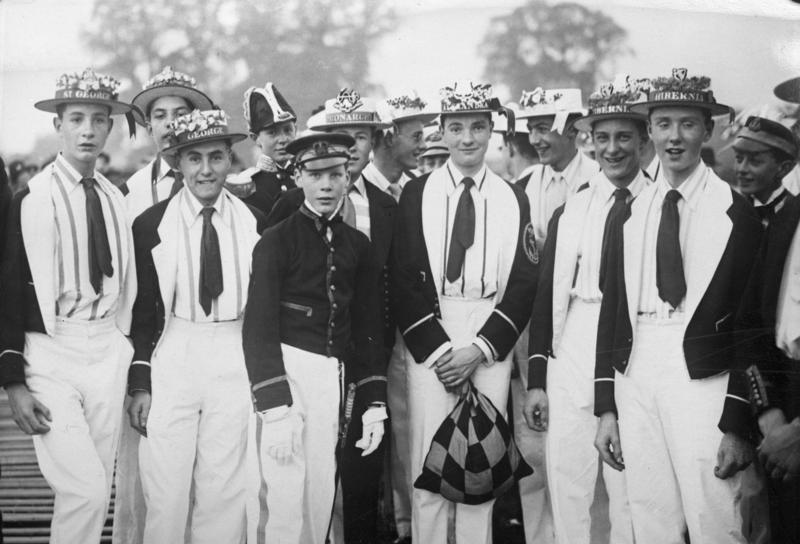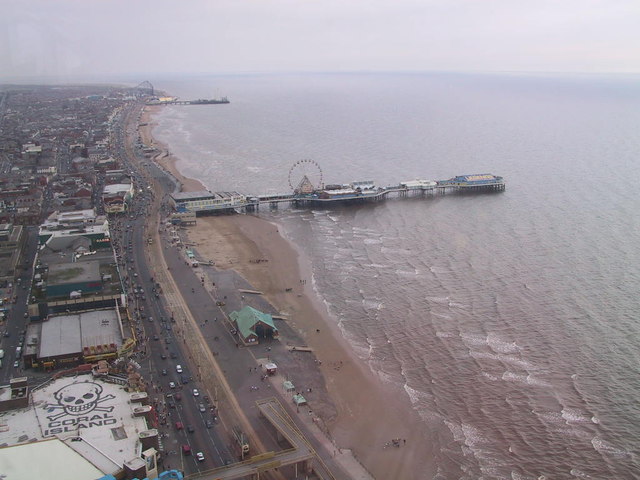I am really not sure how this tapestry is going to come out.
I have a whole stack of mixed metaphors floating around on the floor.
It's exhausting trying to untangle it.
Sorry for this ghastly mess!
There are impressions, bits and pieces of life, lying here pêle mêle...
I am doing my best to stitch myself together.
To make things more complex, there are people working on pieces in other rooms, in other countries.
Some of the people, I haven't even met yet, I may never ever meet them.
No idea what bits they are working on...
I know it is all connected, I know that we will have a clearer picture of the overall design in a few years time...
I have been feeling a little overwhelmed by it all over the past month or so, to be honest.
I have sewn together quite a big bit, but it never seems to end.
The more I sew, the smaller the big bit seems.
I am feeling like Alice through the looking glass and I've lost the white rabbit.
I am sorry, this is a real mess.
Renovating houses.
If there is one piece of advice that I would give to anybody on doing major renovation work on houses, it would be not to live in the house at the same time.
I am useless at listening to my own advice.
This is the third house that we have renovated while living in the building site.
I know that it will be sort of finished one of these days.
It's just that I have been feeling a little overwhelmed by it all, over the past month or so, to be honest.
Renovating classes.
I know it is all connected.
In fact this is just like trying to do a total rebuild of an education system while living in the building site.
Somehow, I didn't listen to my advice for having a quiet life.
I seem to be working on all the rooms, on the outside walls, on the roof, on the garden, all at the same time.
I know it will be never finished one of these days.
Patchworking
Fortunately, or as a result of, connecting with a bunch of workers from all around the world, some of the patterns in this developing patchwork are becoming familiar to me.
Diverse
Unpredictable
Connected
Viral
Recursive
Chaotic
Complex
Organic
ETC..
I am sorry if this design is all a bit abstract.
I shall try and give you a glimpse of what patterns I am seeing.
Patchwork patterns
This week is appearing a typical week in this evolving design.
Monday.
Morning.
I arrive early to the learning space, and I write a blog post before the first class.
I have begun to make this a habit.
I like arriving early in the morning to reflect, to write.
In the morning the first group of students turned up in our open space.
They are ready to chat about the weekend.
They appear to have no real intention of doing any work.
Any teacher coming into the space would be shocked at the apparent chaos.
We are used to this, they don't work apparently for quite a while and then suddenly they become active...
After a little while (which seems like ages) one or two of the students amble off to find a computer and start writing a reflective piece on the difficulties associated with freedom in a language class.
This follows a lengthy discussion that we had the week before in the comfy chairs.
They are busy analysing their friends' attitudes and categorising their peers into different groups of more or less motivated students.
They are explaining how different time cycles affect their behaviour.
They are explaining how they see the role of the teachers.
Some of the other students are now getting down to something approaching work (not necessarily anything to do with English).
My colleague and I are much better now at being hands-off and observing.
We observe.
After a while, I am sitting down with a group of students in the comfy chairs.
This was not at all part of any lesson plan.
It developed naturally.
My colleague, I notice, is talking at length with one or two of the students.
Lunchtime.
A large group of about 50 or so students turn up with lunch boxes.
We have decided that with their packed timetables, they need to take time in our classes to eat their packed lunches.
This gives us time to eat our lunch. We take our time.
A group of students have taken over the comfy chairs, they are busy discussing their storyboard for a video they are making for their assessment.
I spend some time with some other students to tell them about the organisation of a trip to Poland with some of the students that they are exchanging with online.
I confirm a few more couchsurfer hosts for the visitors from Poland and from the UK in March.
I send a message to my friend Teresa in the UK.
Students are gradually getting to work on their various projects.
They are self-organising groups, they are choosing which type of assessment they prefer.
Others are working on their portfolios, they didn't do that before I remark...
I send a few tweets to the Maha's in Egypt, Kevin in the USA, Teresa in the UK, Marcin in Poland about a hangout in Cairo.
Afternoon.
A bunch of students have turned up about 30 minutes before their class starts, in the open space, to start work.
I find that a bit strange.
I repeat this to myself:
"They are actually 30 minutes early to class."
I connect to the hangout in Cairo, two of the other students log in to follow the conference.
One of them enjoys participating with people from Mexico, Venezuela, Egypt, the USA, the UK, the Philippines...
I leave them to it and continue working with some of the other students in the room.
Virtually all the computers in the room have webcams and microphones ready for any more hangouts.
Tuesday
Morning
I check my email, my social media streams, and think about blogging.
I notice that there are plans drawn up by two of my colleagues who were in the UK with a group of French students for collaboration between classes.
I am really happy that they are leading things forward.
I have been feeling a little overwhelmed in the past month or so.
Some of the students had never been outside of their country before.
They come back transformed. they are excited about their trip.
The smiles on their faces are communicative.
They give me energy.
Out of the box
The students are strangely excited about boxes.
We will be exchanging parcels full of presents, of culture, of messages for their partners overseas.
The idea of putting little objects in a box excites them in quite a different way than writing or receiving emails.
I think back to how this idea developed.
Everything is connected.
It is a reiteration of
Clarissa's tshirt gifts from #rhizo14.
It is a reiteration of Terry's seed gifts from Connected Courses.
My colleagues are exchanging photos taken on their smartphones of the students' gifts for our colleagues in the UK.
Somehow the 'box' image is helpful for me.
I use it to talk to the students about their gap year project.
I sit them down in little groups, offer them coffee, we speak about how their lives are framed by school timetables.
We talk about the meaning of 'gap'.
They are stirred by this idea.
This idea that they can really get out of the boxes that have been made for them.
We talk about the 'successful student' studying to be a teacher.
Education from the age of 3-22, success in a competitive exam, teaching in a classroom until 65, retirement....
They seem to be better understanding the concept 'gap'...
I introduce them to Julien in Peru, Johan in Australia, Evane in the USA, Amelie in Ireland.
They seem to be waking up...
Tuesday afternoon.
One student is asking me a question about the portfolio.
I spend 20 minutes talking with him about art.
We share our interests, I show him my blog.
He appears interested.
He tells me he will bring his drawings into class.
Another student is chatting with Johan on Facebook in Australia, she wants to go to Australia.
Another student asks me if I want a cup of coffee.
He has understood that I am not the only person who has the ability to make coffee.
He makes a coffee for his friends.
I am talking to a group of students about education in Nepal.
I show them Santosh's association.
They appear interested in the holes in the walls of the school.
I talk to them about the question of veils in French schools.
I show them
Maha's blog on the hijab.
I show them some of
Julien's photos of families who have hosted him around the world.
I speak to them about generosity.
I think of my friend Blaise in Cameroon, and the Skype conversation my kids had with his kids on Christmas day last year.
Tuesday evening
I was reading
a blog post of Kevin's, a blog post about a hangout that my students attended.
Kevin is in Massachussetts, I am still trying to get the spelling right.
I was
reading a blog post of Terry's, a blog post about collaborative fold over audio stories.
I put the idea somewhere in my mind for future reference.
I am writing this and I remember the articles that I was reading just before.
Maybe it was a Steve Wheeler blog post?
I am thinking about blogging, of how to get more of my students blogging.
I find a Steve Wheeler post which I don't remember reading.
I tweet it to friends in Poland, Italy and in the UK.
I remember an expression that came to me, an African expression:
"It takes a village to raise a child."
I think of the friends that I have met, connecting.
I make a mental note of some hashtags:
#clavier
#rhizo14,
#clmooc
#ccourses
#moocmooc.
I am feeling strangely a little less overwhelmed.
I am feeling part and parcel of this patchwork that we are sewing, that is being sewn.
I wonder what patterns we shall see a few years from now?
I remember an expression that came to me, an African expression:
"It takes a village to raise a child."
Image credits
Patchwork http://www.tinykoppens.nl/sphpblog/index.php?d=07&m=07&y=11
Coffee http://osnapitznessie.tumblr.com/post/49541173817
















